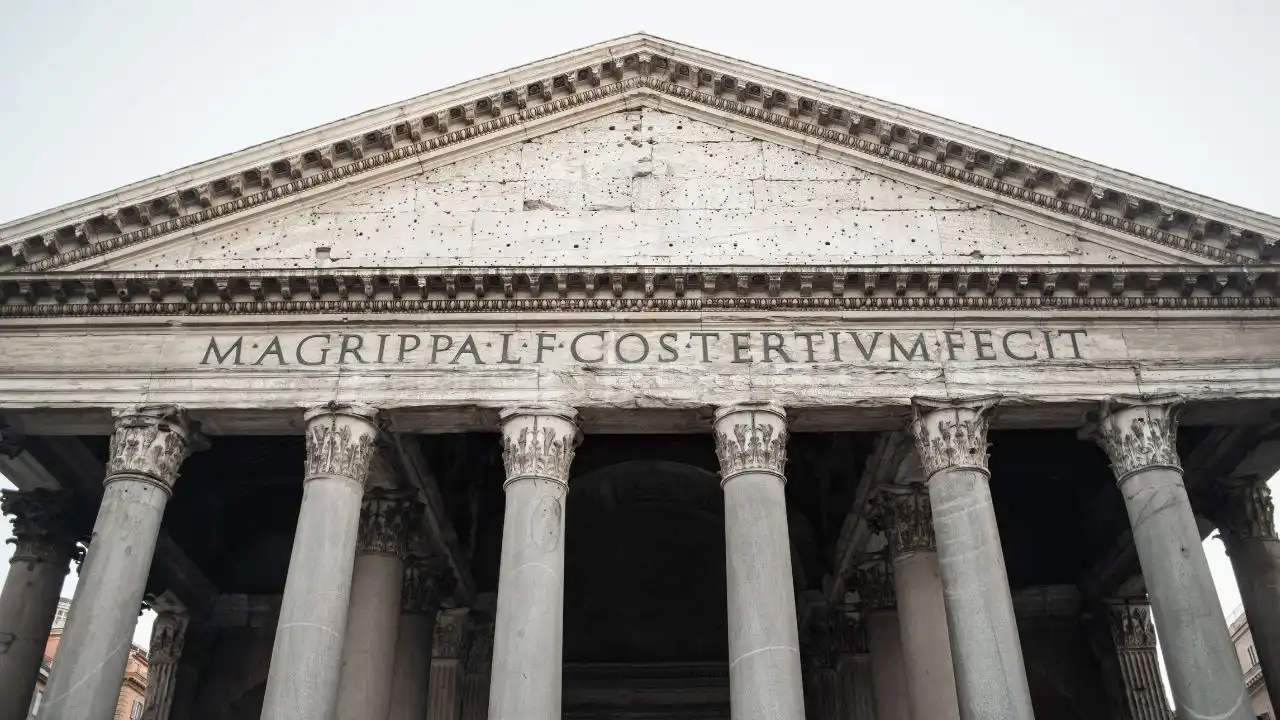
GRE Newsletter Subscribe
Enter your email address below and subscribe to our newsletter

Enter your email address below and subscribe to our newsletter

Hello folks!
This is the first GRE Words Blog in a series that will help expand your vocabulary and explore the intriguing stories behind the origins of words. Learning GRE words need not be tedious any longer.
Each week, we’ll post GRE Word Flashcards on our social media handles and finish the set off with a few more GRE words here, accompanied by stories, facts, and some questions for you to answer.
#1 – It’s all Greek and Latin!
#2 – Welcome to the Blob!
#3 – Must-Know GRE Words Set 1
#4 – GRE-Ology
#5 – Reading Apprehension
The words in this set are lingua franca, alma mater, carpe diem, alter ego and mea culpa.
Part of Speech – Noun
Definition– a language that is adopted as a common language between speakers whose native languages are different.
Origin – comes from ‘Frankish Language’. Franks was a term used for Western Europeans, in general.
Usage – He was Indian, she was Italian. English was their lingua franca.
Part of Speech – Noun
Definition – the university, school, or college that one formerly attended.
Origin : comes from Latin for ‘generous mother’. Supposed to indicate how educational institutions nurture and aid in the development of people.
Usage – He started teaching at his alma mater this year.
Part of Speech – Noun
Definition – a person’s secondary or alternative personality.
Origin – comes from Latin for ‘other self.’
Usage – Superman is the alter ego of Clark Kent.
Part of Speech – Noun
Definition – used to urge someone to make the most of the present time and give little thought to the future.
Origin – comes from Latin for ‘seize the day.’
Usage – His attitude towards his life is carpe diem.
Part of Speech – Noun
Definition – used as an acknowledgement of one’s fault or error.
Origin – comes from Latin for ‘by my fault.’
Usage – “‘Well, whose fault was that?’ ‘Mea culpa!’ Frank said”.
What other Latin loanwords do we frequently use? Leave them in the comments.
The GRE Words Blog is incomplete without interesting stories that surround the etymology of these words. (etymology is the study of word origins).
So, let’s dive in!

Alma mater
Alma mater comes from the Latin for ‘generous mother’.
But the word ‘alma mater’ was used to refer to ‘mother goddesses’ such as Ceres (the Greek Goddess of agriculture, fertility, and motherly relationships).
(Fun Fact : Cereals get their name from Ceres.)
The University of Bologna, the longest serving university in the Western world, adopted the motto, Alma Mater Studiorum.
Now, what does that mean? “Nurturing mother of studies”.
This gave rise to the term ‘alma mater’ being used in the context it is today. It is also the reason students who graduate from college are called alumni. If alma mater is ‘nourishing mother’, alumni are ‘nurslings’ or “those who are nourished”
Alter Ego
Alter Ego is a term that has had many connotations since it was first introduced. The person who coined the word meant it as ‘a second self, a trusted friend.’
However, over time, an alter ego became a subject of intrigue, a hidden, darker version of ourselves.

Fiction has had legendary characters that epitomize alter egos. But, none as iconic as Mr. Hyde to Dr. Jekyll. Dr. Jekyll, a sociable man of science, discovers that he has evil within him that he needs to rid himself of. Hence, he prepares a serum that allows him to separate that part of him into an alter ego, called Mr. Hyde.
Mr. Hyde is a violent man, and is depicted as injuring and even killing several people across the length of the novella. Dr. Jekyll keeps him in control and stops taking the serum for an extended time. When he finally does, he unleashes Hyde who has grown in power. So much so, that Dr. Jekyll has to take the serum to have control and maintain consciousness.
Well, I won’t spoil the fun of the ending. So, go check the book out.
Bonne Lecture!
You can read the book for free here – https://www.gutenberg.org/files/43/43-h/43-h.htm
Start your GRE preparation in 3 quick steps. Sign up as a Free Trial User for Wizako’s Online GRE Course.
Well this is very informative. Will definitely adopt a few words from here in my vocab! Great read 😀
[…] 1000’s of words using GRE word list is useful. Reading Word power made easy is super useful. Using Wren and Martin to understand and […]